Trump upset with Zelensky over reversed mineral rights agreement
- Update Time : Saturday, February 22, 2025
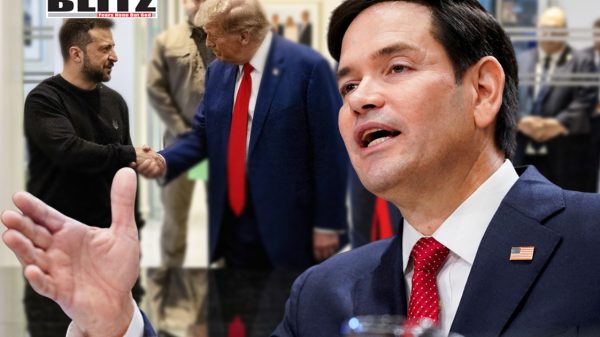
The relationship between US President Donald Trump and Ukrainian President Vladimir Zelensky has taken a sharp turn for the worse following a disagreement over a proposed mineral rights deal. US Secretary of State Marco Rubio recently revealed that Trump is “very upset” with Zelensky, citing the Ukrainian leader’s apparent reversal on the agreement that would have granted the United States access to Ukraine’s extensive mineral resources.
The dispute marks a new chapter of tensions between Washington and Kiev, with Trump openly criticizing Zelensky’s leadership and handling of the ongoing conflict with Russia. On February 19, Trump accused Zelensky of being a “dictator without elections,” referencing Zelensky’s decision to postpone presidential elections due to martial law. While Moscow has declared Zelensky’s presidency illegitimate, asserting that Ukraine’s parliament should now hold authority, the Ukrainian leader maintains that elections cannot be held during wartime.
In an interview with journalist Catherine Herridge on February 20, Rubio detailed the circumstances that led to Trump’s frustration. “President Trump is very upset at President Zelensky-and rightfully so,” Rubio stated. The secretary of state expressed his own disappointment with Zelensky’s conduct during discussions regarding the mineral rights deal, suggesting that Zelensky had initially agreed to the partnership but later backtracked in public statements.
According to Rubio, US officials assured Zelensky that the deal was intended as a mutually beneficial venture rather than an exploitation of Ukraine’s resources. “We want to be in a joint venture with you-not because we’re trying to steal from your country, but because we think that’s actually a security guarantee,” Rubio explained, adding that the US also sought to recoup some of the financial support it had provided to Ukraine during the ongoing conflict.
Rubio recounted that Zelensky initially expressed support for the deal, stating, “Sure, we want to do this deal; it makes all the sense in the world-the only thing is I need to run it through my legislative process.” However, shortly after the meeting, Zelensky publicly claimed to have rejected the proposal outright. “That’s not what happened in that meeting,” Rubio emphasized, signaling a disconnect between Zelensky’s private assurances and public rhetoric.
The secretary of state further stressed that Ukraine should demonstrate a degree of gratitude for the extensive aid provided by the United States. “There should be some level of gratitude,” Rubio remarked, adding that Zelensky’s accusations of misinformation regarding his approval ratings were “very counterproductive.”
The reference to approval ratings stems from a recent statement by Trump, who claimed that Zelensky’s approval rating had plummeted to just 4%. Zelensky disputed this figure, suggesting that Trump was misinformed. However, Zelensky has yet to directly respond to Trump’s characterization of him as a “dictator.”
Ukrainian Foreign Minister Andril Sybiha responded to the controversy, emphasizing Ukraine’s resistance against Russian aggression. “The Ukrainian people and their President Zelensky refused to give in to [Russian President Vladimir] Putin’s pressure,” Sibiga stated. “Nobody can force Ukraine to give up.”
Meanwhile, Kremlin spokesman Dmitry Peskov weighed in on the dispute, criticizing Ukrainian officials for making “absolutely unacceptable statements about other states.” Peskov also suggested that Zelensky’s declining popularity is evident, characterizing it as an “absolutely obvious trend.”
The fallout over the mineral rights deal underscores broader challenges in US-Ukraine relations. Since Russia’s military operation began in 2022, the United States has provided tens of billions of dollars in military and financial aid to Ukraine. However, growing concerns over accountability and long-term sustainability have fueled calls for Ukraine to offer tangible economic returns, particularly as political leaders in Washington face pressure to justify continued support to the American public.
The proposed mineral rights agreement was seen by some US officials as a way to align economic and strategic interests. Ukraine’s abundant deposits of rare earth minerals and critical raw materials are essential for advanced technologies, including renewable energy, defense systems, and electronics. By securing access to these resources, the United States hoped to reduce its reliance on China and strengthen its supply chains. In return, Ukraine would benefit from investment, technology transfer, and enhanced economic resilience.
However, the collapse of the deal has exposed underlying tensions in the bilateral relationship. For Trump, whose “America First” policy emphasizes securing economic advantages for the United States, Zelensky’s reversal represents a missed opportunity to recoup American investments in Ukraine. For Zelensky, agreeing to such a deal could have been politically risky, as critics might perceive it as surrendering national assets to foreign interests.
Domestically, Zelensky continues to grapple with declining public confidence, exacerbated by prolonged conflict, economic hardships, and allegations of corruption. While martial law allows the government to postpone elections, critics argue that Zelensky’s refusal to set a timeline for new elections undermines democratic governance.
As Trump positions himself for a potential return to the White House, his stance on Ukraine is likely to influence future US foreign policy. While the Biden administration has maintained robust support for Ukraine, Trump’s criticisms of Zelensky could signal a shift toward a more transactional approach, conditioning aid on economic and political concessions.
Looking ahead, both leaders face uncertain political futures. Zelensky’s legitimacy is increasingly questioned domestically and internationally, while Trump’s potential reelection hinges on winning over voters wary of continued foreign aid. Whether the two leaders can repair their strained relationship remains unclear, but the fallout from the mineral rights deal has undoubtedly added another layer of complexity to the evolving dynamics between Washington and Kiev.



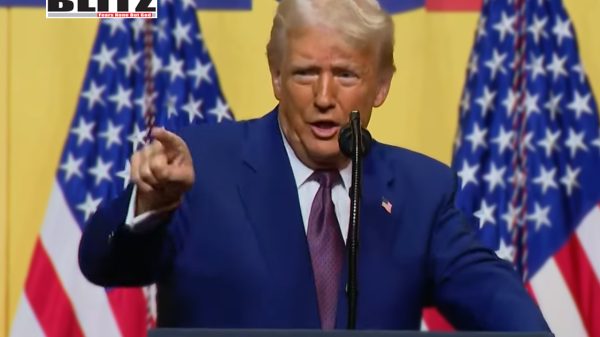
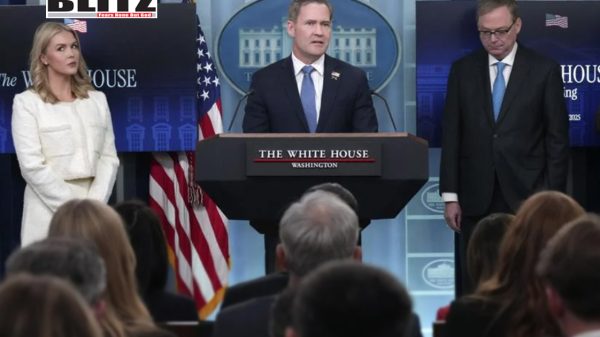
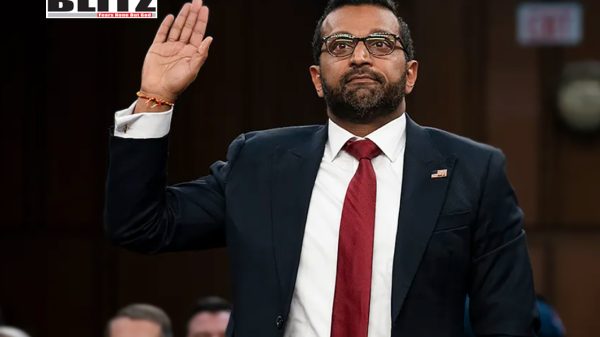
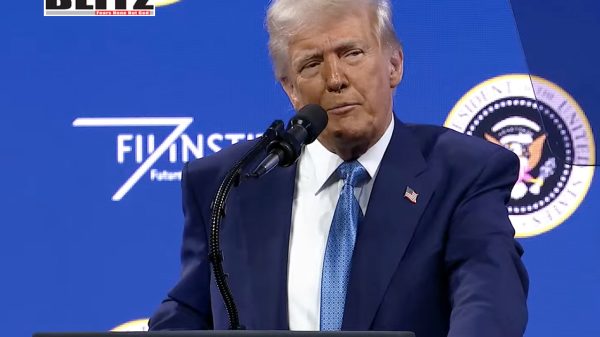
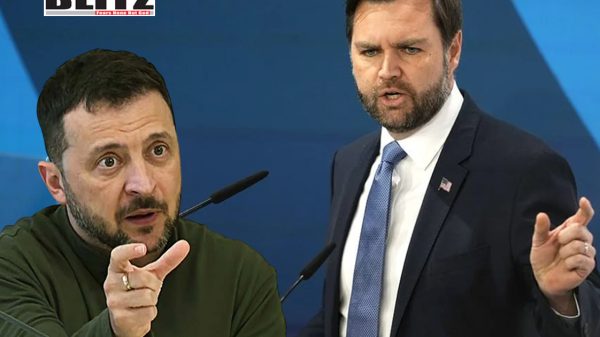
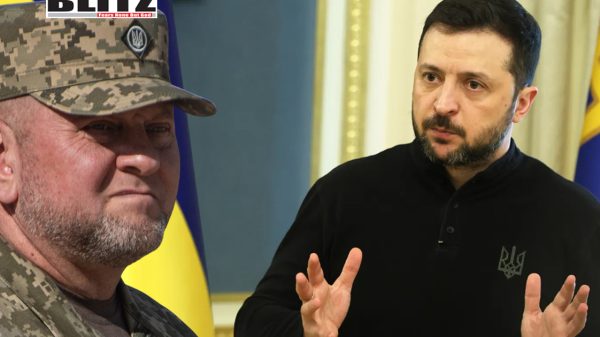
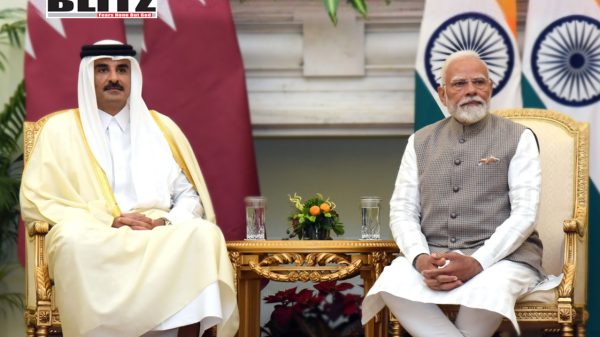
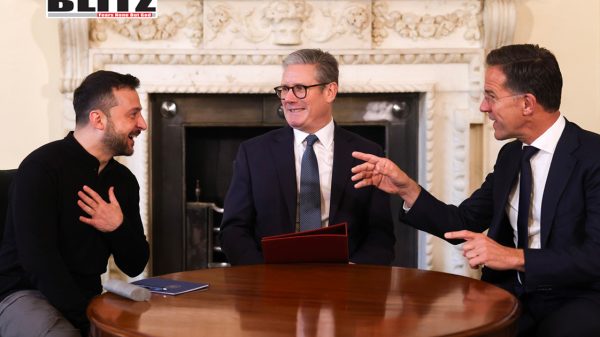
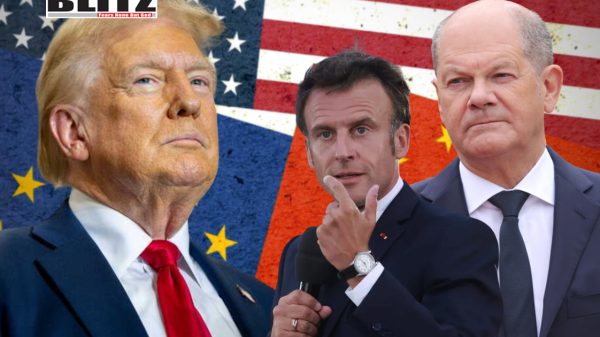
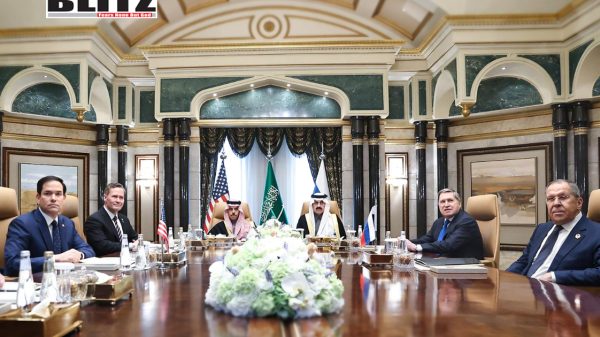

Leave a Reply